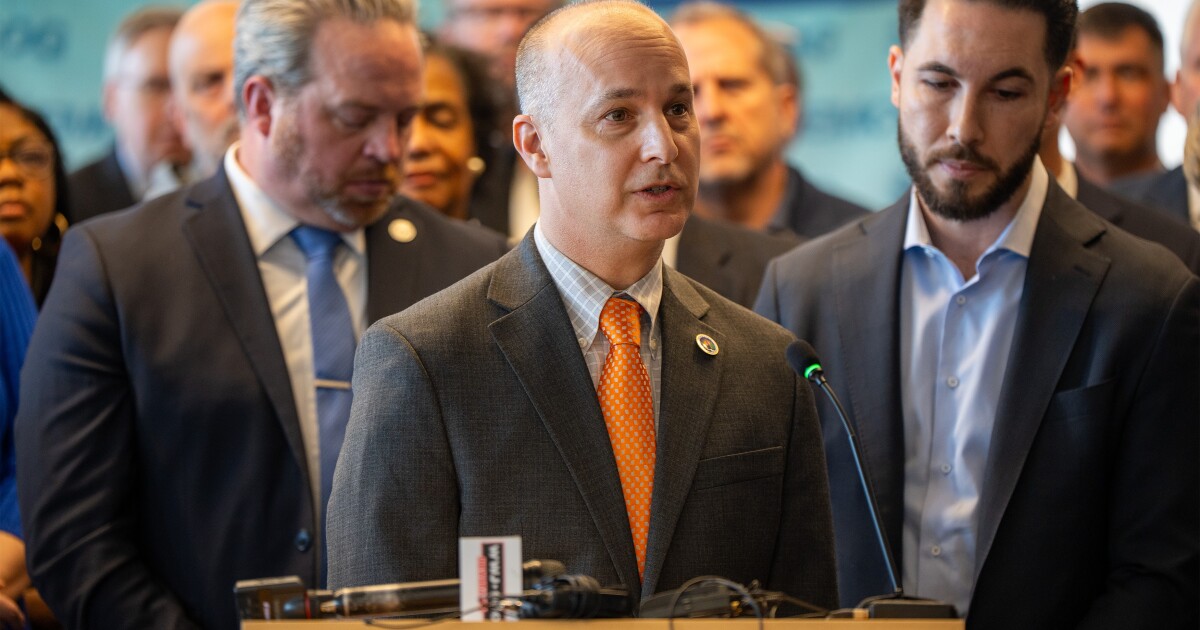The closure of a key healthcare facility in Michigan’s Upper Peninsula has sparked innovative responses from local medical professionals. With the Planned Parenthood clinic in Marquette shutting its doors in April, access to essential reproductive health services in the region faced significant challenges.
The Marquette facility was the only one offering abortion medication in the Upper Peninsula, and its closure left a void. The nearest alternative is now a five-hour drive south. Although this clinic did not perform procedural abortions, it provided vital services such as cancer screenings, birth control, and medication abortion to over a thousand patients annually.
Dr. Viktoria Koskenoja, an emergency medicine physician formerly with Planned Parenthood of Michigan (PPMI), voiced concerns, saying, “All of these reproductive health care services, for a big chunk of the population here, were put into jeopardy.”
In response, local healthcare workers and community members began devising strategies to bridge these service gaps. “The most important thing that we felt we needed to replace immediately, was access to in-person abortion services,” Koskenoja explained.
While PPMI and other online providers offer abortion pills via telehealth, this solution isn’t feasible for everyone. Some patients require ultrasounds, lack reliable internet, or prefer face-to-face consultations with trusted medical professionals.
Dr. Shawn Brown, who owns Marquette Medical Urgent Care, observed, “A lot more people, they feel isolated and they need to be able to just sit in a room with somebody who cares, who can explain what their options are and what they’re going to go through.”
For several months, Marquette Medical has been quietly providing medication abortions, reportedly the only urgent care in the country to do so. “As far as we know, we are the only urgent care in the country offering medication abortions as a service,” said Koskenoja, now director of abortion services at the clinic.
The service started small, relying on word-of-mouth to reach patients across five counties. The clinic has also secured grant funding to develop a standard practice model that other urgent cares could adopt nationwide.
Operating seven days a week and often late into the night, Marquette Medical integrates abortion care into its broad spectrum of healthcare services, aiming to destigmatize the process. “Abortion care is just delivered as part of normal healthcare, as it should be,” Koskenoja noted.
The clinic’s waiting room is designed to provide a reassuring environment, featuring comfortable seating and even a resident cat named Juniper. Patients visit for various reasons, from typical urgent care needs to Reiki therapy, ketamine infusions, and forensic exams.
Dr. Brown, after years in hospital leadership, sought a more patient-centered approach. “I just did not feel like it was capable of changing enough to deliver the right kind of care to patients when they needed it,” she explained.
The decision to offer medication abortion was not without personal risk concerns, especially following incidents targeting abortion providers. “Is somebody going to shoot me and Viktoria? Are they coming after our families?” Brown wondered, but she reported receiving widespread support and a grant from a Grand Rapids-based abortion fund.
Despite the Upper Peninsula’s predominantly conservative political landscape, patients seeking abortion services come from various regions, not just liberal areas like Marquette. This underscores the demand for accessible reproductive healthcare across political lines.
The availability of mail-order abortion pills, a growing option since Roe v. Wade was overturned, faces potential legal challenges, making in-person pill provision crucial. “Providing the pills in-person allows us to be prepared for any changes in FDA authorization if there are to access them through the mail,” said Dr. Dara Kass.
Dr. Kass, an emergency medicine physician in New York, highlighted the interest among healthcare providers in incorporating abortion services into urgent care settings, praising Marquette Medical for pioneering this model. “She’s basically allowing us to create the blueprint for this,” Kass said.
As Planned Parenthood of Wisconsin halts abortions following Medicaid funding cuts, Dr. Koskenoja assures that those affected are welcome at Marquette Medical if it suits their needs.
—
Read More Michigan News









